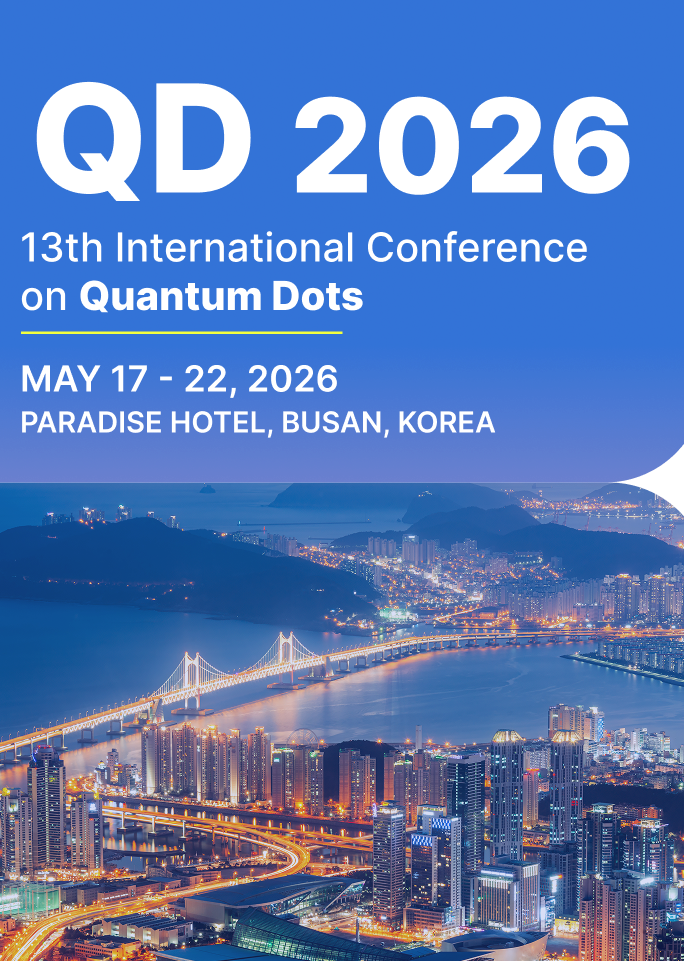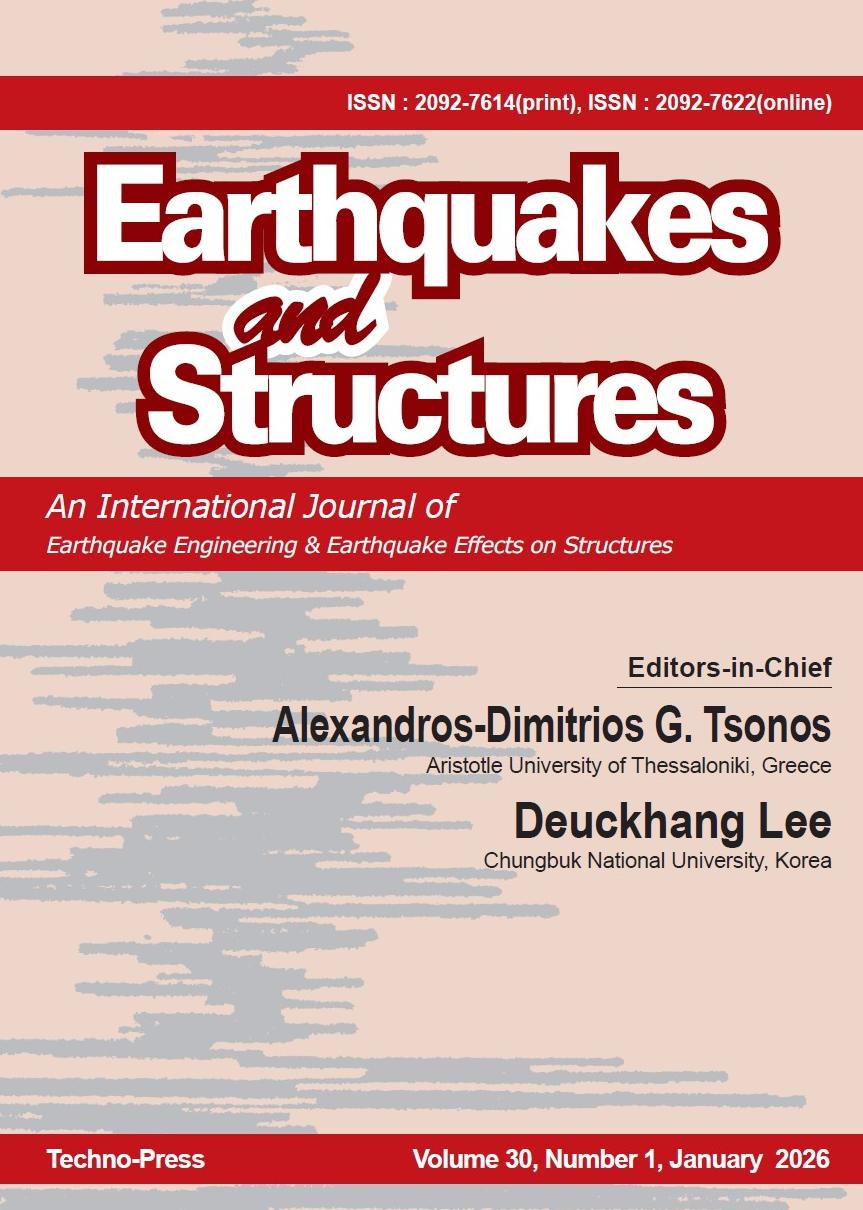34th PATTAYA World Congress on “Green Technologies” (WCGT-25) on Dec. 18-20, 2025 Pattaya (Thailand)
WCGT-25
- URL: https://seth.ureng.urst.org/
- Event Date: 2025-12-18 ~ 2025-12-20
- Submission Date: 2025-12-01
- Organizer: URENG
- Location: Pattaya, Thailand
Architecture Manufacturing & Machinery Mechanical Engineering Biomedical Technology Civil Engineering
Topics of Interest for Submission include, but are Not Limited to:
I. Renewable Energy Systems & Storage
- Solar Energy:
- Advanced Photovoltaic Technologies (perovskites, quantum dots, organic solar cells).
- Concentrated Solar Power (CSP) innovations and integration.
- Building-Integrated Photovoltaics (BIPV).
- Solar Thermal Systems for heating, cooling, and industrial processes.
- Wind Energy:
- Next-generation Wind Turbine Design (materials, aerodynamics, control systems).
- Offshore Wind Farms (fixed-bottom and floating technologies).
- Small-scale and Distributed Wind Energy Solutions.
- Wind Power Forecasting and Grid Integration.
- Bioenergy & Biofuels:
- Sustainable Biomass Feedstock Production and Supply Chains.
- Advanced Biofuels (algae-based, cellulosic ethanol, sustainable aviation fuels).
- Waste-to-Energy (WTE) and Biogas Production (anaerobic digestion).
- Bioenergy with Carbon Capture and Storage (BECCS).
- Geothermal Energy:
- Enhanced Geothermal Systems (EGS) and deep geothermal technologies.
- Direct Use Geothermal Applications.
- Hybrid Geothermal Systems.
- Hydropower & Marine Energy:
- Sustainable Hydropower Development and Modernization.
- Wave, Tidal, and Ocean Thermal Energy Conversion (OTEC) technologies.
- Environmental Impact and Mitigation of Marine Energy Projects.
- Hydrogen Economy:
- Green Hydrogen Production (electrolysis from renewable sources).
- Advanced Hydrogen Storage and Transportation Solutions.
- Fuel Cell Technologies for various applications (transport, stationary power).
- Hydrogen Infrastructure Development and Safety.
- Energy Storage Technologies:
- Advanced Battery Technologies (solid-state, flow batteries, next-gen lithium-ion).
- Thermal Energy Storage (TES).
- Mechanical Energy Storage (pumped hydro, compressed air energy storage).
- Grid-Scale Energy Storage and Grid Integration.
II. Sustainable Materials & Circular Economy
- Green Materials Science:
- Bio-based and Biodegradable Polymers.
- Recycled and Upcycled Materials in construction and manufacturing.
- Self-Healing Materials.
- Nanomaterials for Sustainable Applications (catalysis, filtration, energy).
- Low-Carbon Cements and Sustainable Concrete.
- Sustainable Manufacturing & Industrial Processes:
- Green Chemistry Principles and Practices.
- Resource Efficiency and Waste Minimization in Industry.
- Life Cycle Assessment (LCA) for Products and Processes.
- Industrial Symbiosis and Eco-Industrial Parks.
- Additive Manufacturing (3D/4D Printing) for reduced waste and customized production.
- Circular Economy Principles & Implementation:
- Design for Circularity and Disassembly.
- Product-as-a-Service Models.
- Reverse Logistics and Closed-Loop Systems.
- Waste Valorization and Resource Recovery from waste streams.
- Policy and Business Models for Circularity.
III. Pollution Control & Environmental Remediation
- Water & Wastewater Management:
- Advanced Wastewater Treatment Technologies (e.g., membrane bioreactors, MBRs).
- Removal of Emerging Contaminants (PhACs, microplastics, PFAS).
- Water Reuse and Recycling Technologies.
- Desalination Innovations (energy efficiency, brine management).
- Nature-Based Solutions for Water Treatment (constructed wetlands, biofilters).
- Air Quality Control:
- Novel Technologies for Particulate Matter (PM) and Gaseous Pollutant Removal.
- Greenhouse Gas (GHG) Mitigation Technologies (beyond CCUS).
- Indoor Air Quality (IAQ) Solutions and Monitoring.
- Odor Control Technologies.
- Solid Waste Management:
- Integrated Solid Waste Management (ISWM) strategies.
- Advanced Recycling Technologies (chemical recycling, pyrolysis).
- Composting and Anaerobic Digestion of Organic Waste.
- Sustainable Landfill Design and Management.
- Soil & Groundwater Remediation:
- Bioremediation and Phytoremediation Techniques.
- Advanced Oxidation Processes (AOPs) for contaminated sites.
- Soil Stabilization and Erosion Control.
- Monitoring and Assessment of Contaminated Sites.
IV. Smart Cities, Sustainable Infrastructure & Built Environment
- Green Buildings & Architecture:
- Energy-Efficient Building Design and Retrofitting.
- Smart Building Management Systems (BMS).
- Green Roofs, Vertical Gardens, and Bioclimatic Design.
- Net-Zero Energy and Net-Positive Energy Buildings.
- Smart Grids & Energy Management:
- Integration of Distributed Renewable Energy Sources.
- Demand-Side Management and Energy Efficiency in urban areas.
- Grid Modernization and Resilience.
- Microgrids and Virtual Power Plants.
- Sustainable Transportation:
- Electric Vehicle (EV) Technologies and Charging Infrastructure.
- Smart Mobility Solutions and Public Transportation Innovations.
- Sustainable Aviation Fuels (SAFs) and low-carbon shipping.
- Intelligent Transportation Systems (ITS) for emissions reduction.
- Urban Planning & Resilience:
- Green Infrastructure Development for stormwater management and urban cooling.
- Climate-Resilient Urban Planning and Infrastructure Design.
- Nature-Based Solutions (NBS) for urban challenges.
- Sustainable Urban Drainage Systems (SUDS).
V. Digital & Enabling Technologies for Green Solutions
- Artificial Intelligence (AI) & Machine Learning (ML):
- AI for Optimizing Energy Consumption and Grid Operations.
- ML for Environmental Monitoring, Prediction, and Disaster Response.
- AI in Smart Agriculture for Resource Efficiency.
- AI for Accelerated Materials Discovery and Design.
- Green AI: Designing AI systems with reduced energy footprints.
- Internet of Things (IoT) & Sensor Networks:
- Real-time Environmental Monitoring (air, water, waste).
- Smart Sensors for Energy Management in buildings and industries.
- IoT for Waste Collection Optimization and Recycling.
- Big Data Analytics & Cloud Computing:
- Processing and Analyzing Large Environmental Datasets.
- Environmental Modeling, Simulation, and Forecasting.
- Cloud-based Platforms for Green Technology Solutions.
- Digital Twins for Sustainability:
- Creating Virtual Models of Physical Systems (factories, cities, ecosystems) for optimizing resource use and environmental performance.
- Blockchain for Environmental Applications:
- Supply Chain Transparency and Traceability for sustainable products.
- Carbon Credit Tracking and Decentralized Energy Trading.
- Verifiable Green Credentials.
- Geographic Information Systems (GIS) & Remote Sensing:
- Environmental Mapping, Monitoring, and Spatial Analysis.
- Assessing Land Use Change, Deforestation, and Biodiversity.
- Supporting Climate Change Adaptation and Disaster Risk Reduction.
VI. Policy, Economics, Social Aspects & Global Collaboration
- Environmental Policy & Governance:
- National and International Climate Policies and Agreements (e.g., Paris Agreement implementation).
- Regulatory Frameworks for Green Technologies and Industries.
- Environmental Impact Assessment (EIA) and Strategic Environmental Assessment (SEA).
- Incentives and Subsidies for Green Technology Adoption.
- Green Finance & Investment:
- Sustainable Finance Mechanisms (green bonds, climate funds).
- Impact Investing and ESG (Environmental, Social, Governance) Criteria.
- Carbon Markets and Emissions Trading Schemes.
- Public-Private Partnerships for Green Infrastructure.
- Social Acceptance & Behavioral Change:
- Public Engagement and Communication Strategies for Green Technologies.
- Overcoming Barriers to Adoption of Sustainable Practices.
- The Role of Education and Awareness in Promoting Green Lifestyles.
- Just Transition: Ensuring equitable benefits and addressing social impacts of green technologies.
- International Cooperation & Partnerships:
- Cross-border Collaboration on Green Technology Development and Deployment.
- Technology Transfer to Developing Countries.
- Role of International Organizations in Promoting Green Technologies.
- Standardization & Certification:
- Developing and implementing international standards for green products and technologies.
- Eco-labeling and environmental certifications.
- Green Jobs & Workforce Development:
- Training and education for the green economy workforce.
- Impact of green technologies on employment and labor markets.















